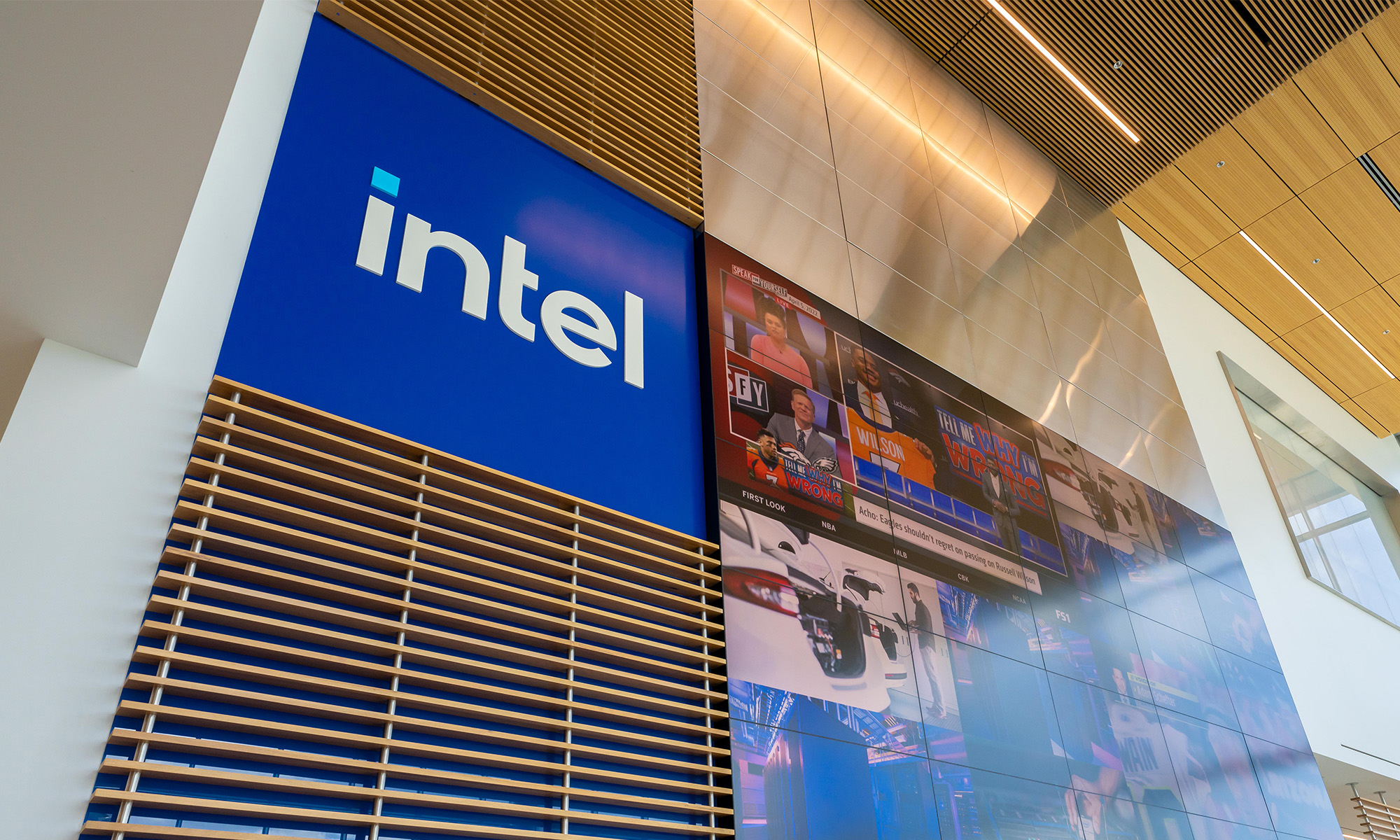Nvidia (NVDA +0.32%) shares are riding high on the seas of artificial intelligence (AI). The chip designer took an early lead in the AI hardware race, leading to incredible business results and skyrocketing stock prices.
The stock traded at a split-adjusted $14 per share when OpenAI released the ChatGPT generative AI engine, powered by thousands of Nvidia AI accelerator chips. Today, Nvidia's share price has soared to $131. With a $3.2 trillion market cap, it's one of the three most valuable companies in the stock market.
Did you miss the boat on Nvidia's AI-based opportunity, or can the stock continue to rise from this lofty plateau? Let's find out.

NASDAQ: NVDA
Key Data Points
Nvidia's upsides
Nvidia's financial success is indisputable. Revenues more than tripled year-over-year in the last two earnings reports. Free cash flows are consistently growing by about 500% in the same time frame. Microsoft (MSFT 0.74%) and Apple (AAPL 0.95%) are still more profitable than Nvidia, but the chip expert is catching up.
Many market observers like to point out that the generative AI revolution is only getting started. ChatGPT is less than two years old. Only a couple of tech giants have come up with comparably powerful large language models (LLMs) so far, though many are working on their own long-term generative AI plans. Until further notice, Nvidia's accelerator chips are the gold standard against which other solutions must be measured. If you're building a strong AI system, Nvidia's solutions are the default and the industry standard. Others must develop and then prove some sort of unique advantage before winning AI contracts against Nvidia's killer products.
Imagine Nvidia maintaining its lead as the generative AI market grows. It's not hard to see the stock soaring even higher over the next few years.
Nvidia's potential downsides
On the other hand, the good financial news and a whole lot of forward-looking expectations are already priced into Nvidia's stock. Shares are changing hands at glossy valuation ratios such as 82 times free cash flow and 40 times sales -- levels usually reserved for small-cap start-ups with more sizzle than substance.
At the same time, Nvidia doesn't stand unchallenged in the AI accelerator market. Arch rival Advanced Micro Devices (AMD 3.94%) has its Instinct line of cost-effective AI chips. The Intel (INTC +0.02%) Gaudi series boasts impressive performance per watt of electric power. And that's just the top of a large heap. There's more than one way to design an AI-crunching system, and rival solutions may offer compelling alternatives for specific use cases. Who's to say that Nvidia will hang on to its market-defining lead in the long run?
Separately, the issues of high valuation and strong competition should be enough to give most investors pause before slamming that "buy" button on Nvidia stock. Together, it's a high-wire act with a long way down. Nvidia's stock is priced for perfection and any misstep -- such as a major AI contract lost to Intel or AMD -- will probably result in a quick and painful price drop.
Should you buy, sell, or hold Nvidia?
I'm not saying you should sell every Nvidia share right now and never look back. The company could very well stave off the army of rivals and continue to innovate on a hard-to-match level. Indeed, a bit of Nvidia exposure could serve your portfolio well over the years.
Meanwhile, I highly recommend taking some profits off the table by selling a portion of your long-term Nvidia holdings. The gains are more than substantial and I'm sure you can find more stable and secure ways to invest that money in the AI market.
So on the scale of buy, sell, or hold, I see Nvidia as a stock to hold for the long run. I'd rather sell a few shares than buy more at these nosebleed-inducing share prices. Your mileage may vary, depending on your appetite for market risk and AI-driven excitement. Feel free to do your own research and reach different conclusions. Just don't say I didn't warn you if or when Nvidia's big price correction comes.









